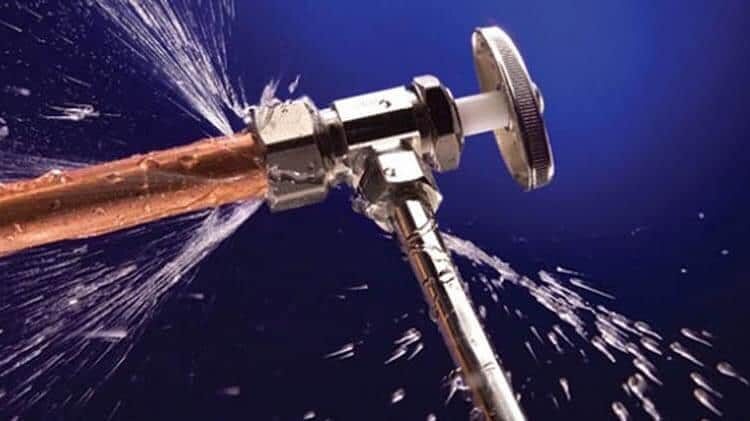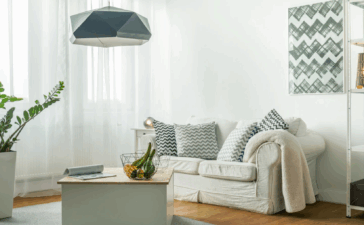What is the most dreaded household emergency? You are right to guess it has to do with plumbing and leaky pipes and faucets. As a homeowner in Chicago, you are often worried about a badly timed, plumbing emergency that throws everything out of gear including your household budget.
But did you know that with the right care and maintenance you could possibly avoid some of these plumbing disasters? Learn how to prevent and mitigate some common problems like damaged pipes, gas leaks and clogged drains:
Leaking Faucet
We have all faced a dripping faucet at some point in time and ignored it far too long. Guess what, a dripping faucet does not only waste water but also wastes your money on avoidable water bill expenses. Start by inspecting all the faucets of your house for leakage and call the plumber at the first opportunity.
Low water pressure
Many of the older homes often experience low water pressure. There are many underlying causes for low water pressure. It could be caused by anything ranging from an old showerhead to hidden leaks.
At any rate, don’t ignore low water pressure. It is often a sign of a significant leak inside your home and significantly runs up your water bill. Unfortunately, water leaks are trickier to locate and will probably go unnoticed unless there is a bigger issue inside the house.
To find out if there is a leakage, you can follow these simple steps:
- First turn off all the water-consuming appliances in your house. Make sure all the faucets are closed tightly. Don’t forget the ice-makers in the refrigerator.
- Request family members not to turn on any appliances that use water within that half an hour.
- Once all the faucets are turned off, check the needle’s position on your water meter. Note down the reading along with the time.
- Now wait for about half an hour and return to the water meter to check the position again. If the needle has changed, then you possibly have a hidden leak inside your house.
Frozen pipes
You are probably aware that pipes that are frozen will eventually expand and burst. This leads to an expensive plumbing nightmare. When the weather is cold or drops below freezing temperatures, water in pipes begins to freeze and must be thawed out.
You can avoid this issue by following some simple tips:
-
- Keep your household thermostat to 55F or higher and allow warm water to trickle out of the pipes during these cold spells
- Open your cabinet doors for some time to warm the pipes from your home’s central heating system.
- Place foam insulation covers on the pipes to keep them warm.
- If you plan to be away during cold spells, then leave the heat on in your house. Set the temperature accordingly.
Blocked drains and clogged toilets
Clogged toilets and sink drains are some of the most common plumbing complaints. These can be easily prevented and resolved at home. Preventing blocked drains requires a bit of awareness on the proper use of sink and toilet areas. Your family members must know what items are flushable and what are not. For instance, fats, grease, oily substances, paper towels and sanitary napkins are not flushable. Neither are a majority of waste materials.
One other way to prevent clogged drains is to notice slow draining whenever it happens and address it. Call a Chicago plumber and have them service or repair the faulty plumbing.
Conclusion
When it comes to plumbing, be proactive and avoid unnecessary damage and repair costs by being vigilant. If the problem is too serious, don’t hesitate to call a reliable Chicago plumber to have a look. Sometimes calling in an expert is the best solution.







